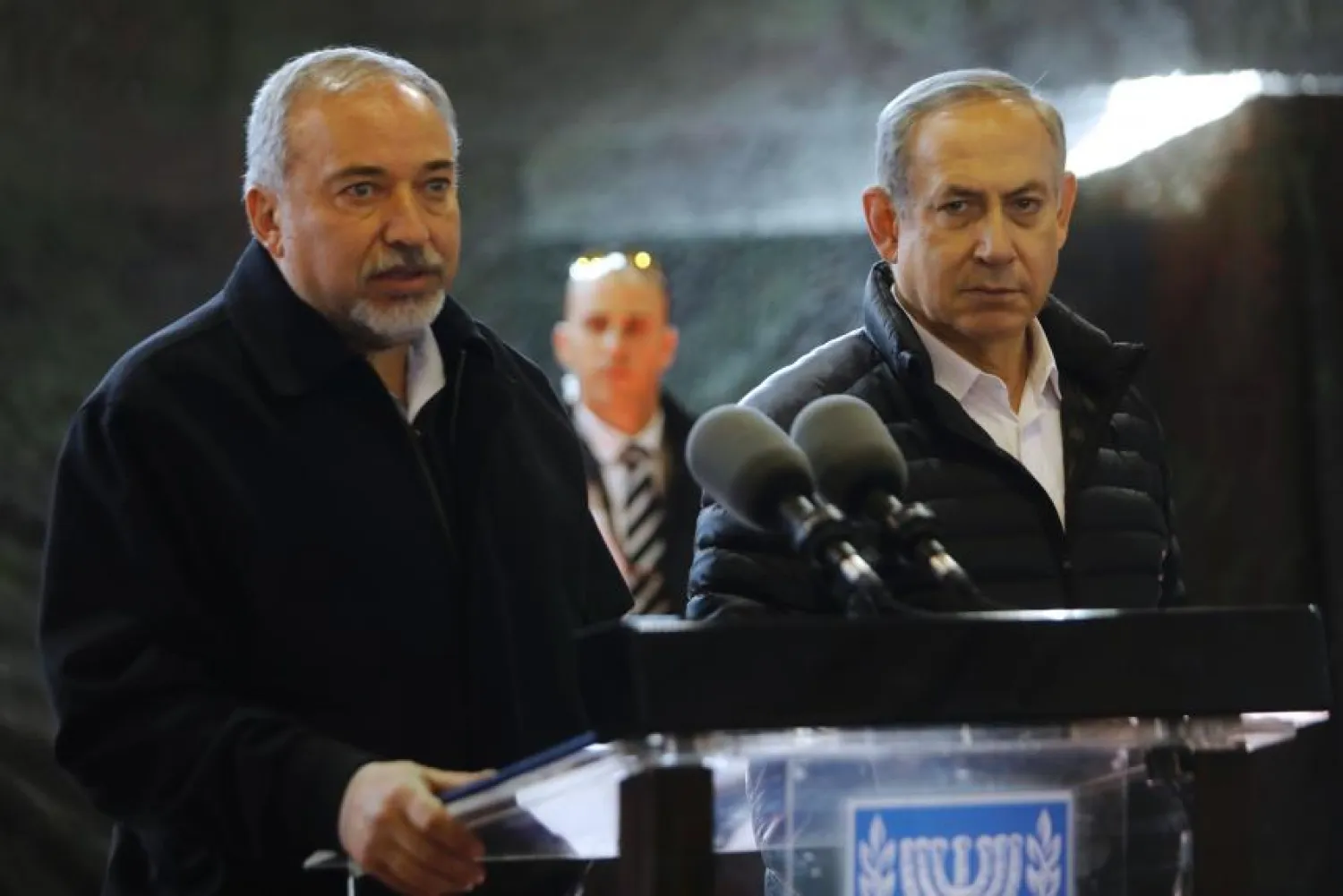The Israeli government withdrew on Sunday the powers of Prime Minister Benjamin Netanyahu to decide on a war unilaterally and only in consultation with the defense minister.
Last Monday, the Knesset had granted this authority to the prime minister, allowing him to declare war only with the approval of the defense minister.
The government on Sunday decided, however, to restore these powers to its 12-minister security cabinet.
The move was a blow to Netanyahu, who, for several weeks, has been trying to provoke a whirlwind of war against Iran that ended with Sunday’s session.
The Israeli premier said he was working “to prevent Iran from acquiring nuclear weapons, and in parallel, working against the Iranian military presence in Syria, which is directed against us.”
Netanyahu added that he was also seeking to thwart the transfer of lethal weapons from Syria to Lebanon or their production in Lebanon.
“All of these weapons are for use against Israel and it is our right – based on the right of self-defense – to prevent their manufacture or transfer,” he said during the cabinet session.
The Israeli official said he spoke with US Secretary of State Mike Pompeo over the weekend and expressed his gratitude for the determined stance the US administration has adopted against the nuclear agreement with Iran and against Iranian aggression in the region.
“The regime in Tehran is the main destabilizing party in the Middle East, and the campaign against its aggression is not over and we are still at its peak,” he added.









